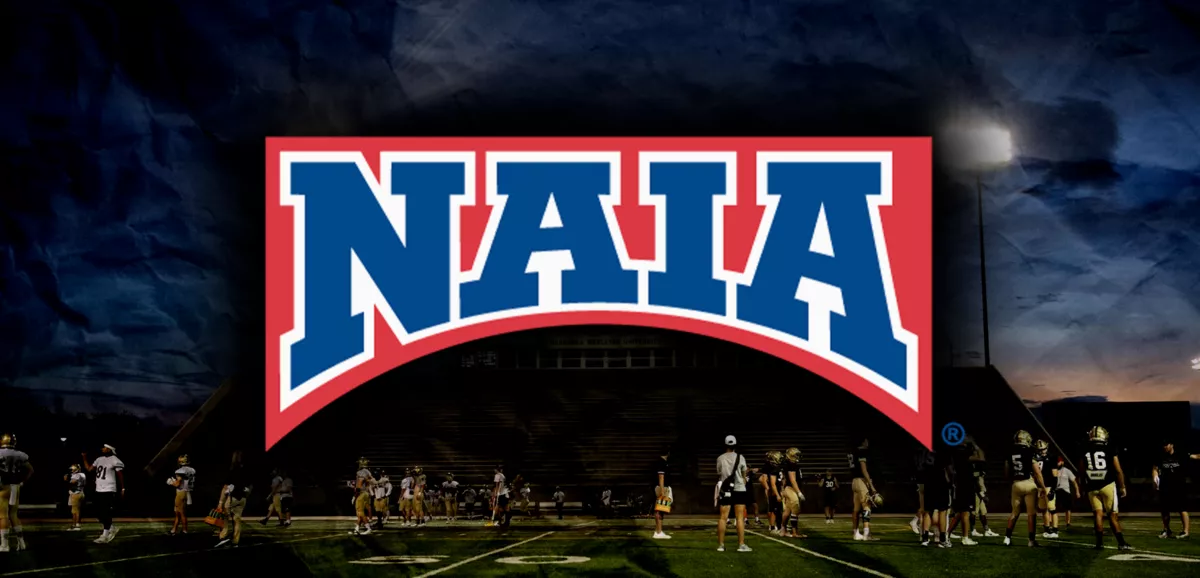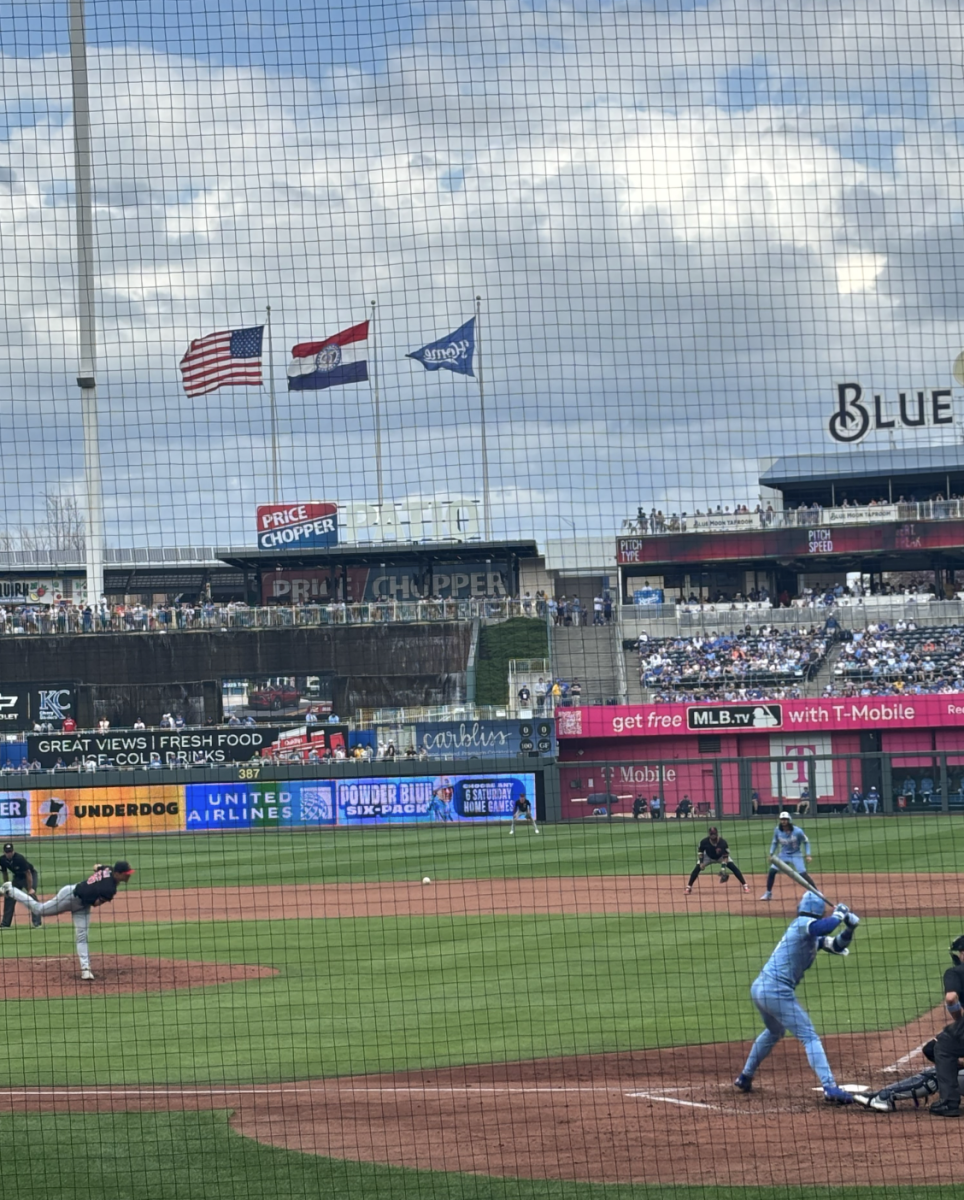Since 2021, there have been a few cases of transgender athletes playing women’s sports. That will no longer be allowed in NAIA sports.
On Monday, April 8, the NAIA Council of Presidents met and approved a policy to ban transgender athletes from participating in women’s sports, in a unanimous 20-0 vote. This policy will apply to regular season and postseason play. At least 24 states have put laws in place that have the same effect, with the legislation pending in many other states.
In April of 2022, the NAIA put together the NAIA Transgender Task Force to investigate whether the current policy needed updating. The task force concluded and passed a new policy, which states that athletes who were assigned male at birth or who were assigned female but have started taking masculine hormones will not be able to participate in women’s sports. The only athletes that will be able to compete in women’s sports were those assigned female at birth.
In an interview with CBS Sports, NAIA president Jim Carr said, “For us, we believed our first responsibility was to create fairness and competition in the NAIA… We also think it aligns with the reasons Title IX was created. You’re allowed to have separate but equal opportunities for women to compete.”
Shiwali Patel, a senior counsel for the National Women’s Law Center is infuriated with the decision and says that the policy is blatant discrimination and limits the potential of all athletes. “It’s important to recognize that these discriminatory policies don’t enhance fairness in competition,” Patel said. “Instead, they send a message of exclusion and reinforce dangerous stereotypes that harm all women.”
The policy currently in place in the NAIA allows transgender athletes to participate in regular-season contests but not in the postseason. Any athlete can practice and train with any team but can’t compete in real events when the new policy is put into place.
In 2022 the NCAA announced it would allow the governing bodies for each sport to determine their policies on transgender athletes. This came to life when Lia Thomas of the University of Pennsylvania became the first transgender athlete to win a Division I National Championship. Thomas was not the first case, as in the 2020 Olympics, Laurel Hubbard was the first transgender athlete to compete in a women’s competition. However, Hubbard did not complete any lifts and did not receive any medals in weightlifting.
There have been more than a dozen athletes who have sued the NCAA for taking steps to adopt this same policy. It is expected that lawsuits will be filed against the NAIA arguing that this violates Title IX, a hot topic in recent years.
The new policy is expected to take effect on August 1 for the 2024-25 academic year.
The new policy in full: The NAIA supports fair and safe competition opportunities for all student-athletes. Title IX ensures there are separate and equal opportunities for female athletes. As a result, the NAIA offers separate categories of competition in all sports except for competitive cheer and competitive dance, which are both co-ed.
Student-athletes may participate in NAIA competition in accordance with the following conditions.
- Participation by students in sports designated as male by the NAIA:
All eligible NAIA student-athletes may participate in NAIA-sponsored male sports. - Participation by students in sports designated as female by the NAIA:
Only NAIA student-athletes whose biological sex* is female may participate in NAIA-sponsored female sports. They may participate under the following conditions:- A student who has not begun any masculinizing hormone therapy may participate without limitation.
- A student who has begun masculinizing hormone therapy may participate in:
- All activities that are internal to the institution (does not include external
competition), including workouts, practices, and team activities. Such participation is
at the discretion of the NAIA member institution where the student is enrolled; and
-
-
- External competition that is not a countable contest as defined by the NAIA (per NAC
-
Policy Article XXV, Section A, Item 12). Such participation is at the discretion of the NAIA member institution where the student is enrolled.
An NAIA institution that has a student-athlete who has begun masculinizing hormone therapy must notify the NAIA national office. The national office will take the necessary steps to provide appropriate privacy protections.
This policy will be subject to review in light of any legal, scientific, or medical developments.
NOTE: With the exception of competitive cheer and competitive dance, the NAIA created separate categories for male and female participants. Each NAIA sport includes some combination of strength, speed, and stamina, providing competitive advantages for male student-athletes. As a result, the NAIA policy for transgender student-athletes applies to all sports except for competitive cheer and competitive dance, which are open to all students.
Approved by NAIA Council of Presidents April 8, 2024
It is imperative that the dignity and privacy of transgender athletes be respected. Therefore, the NAIA will rely on its long-standing process for complying with all NAIA regulations, which places primary responsibility for adherence to all rules and policies on the institution. Similarly, should any institution determine it has violated these policies, the institution is expected to self-report the violation. Should any institution become aware of an apparent violation by another NAIA institution, the NAIA’s existing process for reporting violations as described in NAIA Bylaws Article VI, Section B, Item 3 will apply.
*For the sake of this policy, biological sex is defined by distinguishing characteristics and can be supported by birth certificate or signed affidavit. While rare, there have been cases where the sex assigned at birth does not match the biological sex, which led to the use of biological sex in this document.
We can link to this on the online version.









